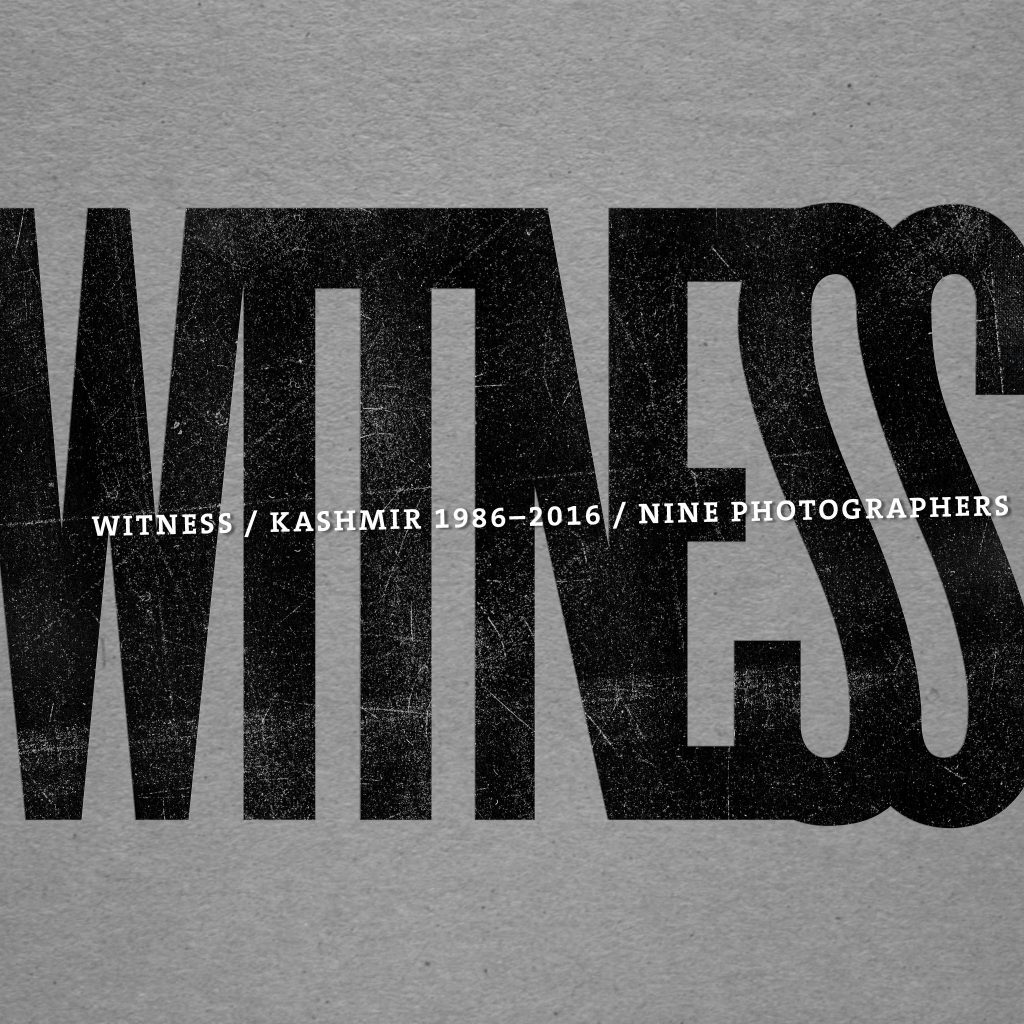At a meeting organized by the Hilton Workers Support Committee held on Saturday, May 7, the South Asian Network for Secularism and Democracy (SANSAD), represented by its long serving members and its president, unequivocally expressed its full support to Hilton Metrotown and Pacific Gateway workers in their struggle for reinstatement of terminated workers as well as new collective agreements.
Hilton Metrotown workers, primarily women of colour, most of whom are South Asians, have been locked out by Hilton for more than a year. Hilton locked out room attendants, front desk agents, banquet, and kitchen staff on April 15, 2021, after terminating 97 long-term staff — a move that can only be called “mass firings” amid the COVID-19 pandemic.
UNITE HERE, Local 40, which represents the workers at Hilton Metrotown, is calling on management to end the lockout, reinstate all employees and offer them an agreement enjoyed by other hotel workers in British Columbia.
Pacific Gateway hotel workers have been on strike and picketing every day since May 3, 2021. Pacific Gateway terminated 143 long-term staff, many of them South Asian women, during the pandemic. This happened after the hotel owner allowed the federal government to take over the hotel as a quarantine site and brought in contractors.
The federal government terminated its contract with the hotel earlier this year after workers urged them to do so and the hotel is now open to the public. But workers continue to fight back against management’s mass firings and economic rollbacks. The hotel still refuses to return the 143 terminated workers to their jobs and wants to get rid of everything workers worked so hard for (pension, job security, good wages, etc.).
The BC Federation of Labour issued a public boycott of both hotels last year and BC’s major unions have withdrawn their business from the hotels.
